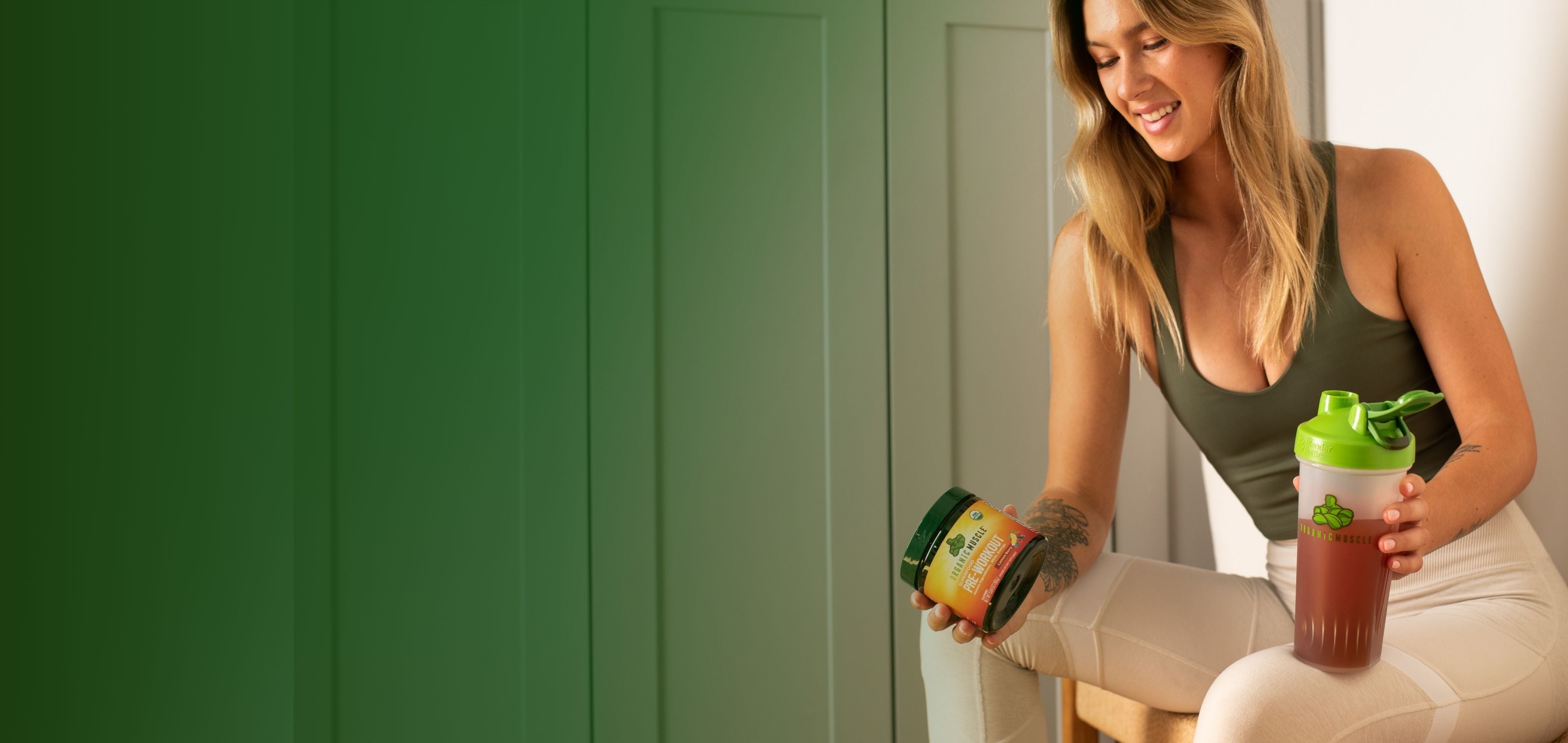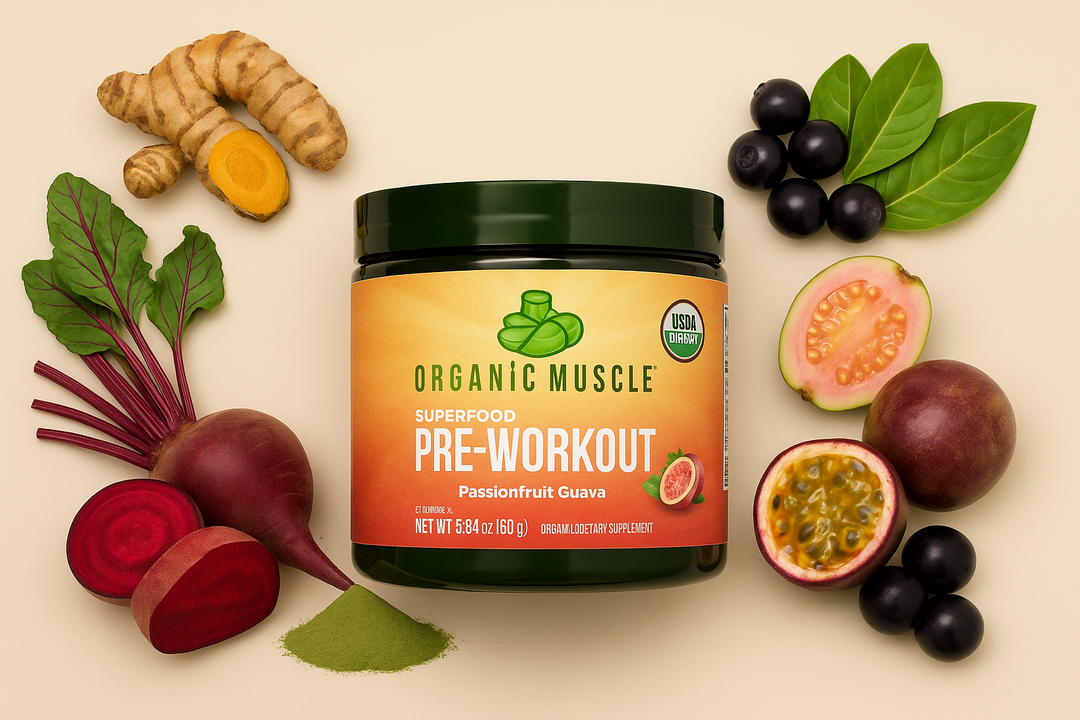The world is trying to avoid white sugar at all costs but is driving itself deeper into the pit of toxic sweeteners.
One of the most commonly used sweeteners is Sucralose, aka Splenda. You're consuming it daily to satisfy your sweet cravings, but do you really know how this sweetener will affect your gut in the long run?
Keep reading to discover eye-opening facts about Sucralose!
What Is Sucralose?
Unlike other artificial sweeteners, Sucralose is a white, water-soluble compound used as a sugar substitute but synthetically derived from ordinary sugar, and it has almost zero to low calories.
It is manufactured through a multi-step procedure with three hydroxyl atoms of sucrose replaced with three chlorine atoms.
According to FDA, Sucralose is approximately 600 times sweeter than white sugar. A research also states that artificial sweeteners have a high chance of causing Type 2 diabetes, obesity, overweight, and inflammation.
How Is Sucralose Dangerous For Your Gut?
Your gut is a residence of many gut-friendly bacteria that are quite crucial for your overall well-being as they enhance your immune function and lower the risk of diseases and inflammation.
According to a study conducted in 2008, Sucralose was found to have negative impacts on these gut-friendly bacteria in rats, including anaerobes, clostridia, bacteroides, etc.
Which Foods Or Beverages Contain Sucralose?
Nowadays, we might see Sucralose being used a lot in a variety of drinks and foods, and some of them are;
- Sparkling water
- Diet sodas
- Flavored iced tea
- Frozen desserts
- Bar-B-Q sauces
- Salad dressings
- Fruit jams
Alternatives to Sucralose
Fortunately, there are a few research-backed sweeteners found naturally and are healthy too.
Below we have mentioned them if you are really looking for 5 better alternatives to sweeten your meals;
- Stevia
- Monk fruit sweetener
- Erythritol
- Yacon syrup
- Xylitol
Why Do We Use Natural Sweeteners In Our Products?
At Organic Muscle, we make sure that the supplements manufactured by our brand are the healthiest, cleanest, most effective, and without any harmful ingredients. We use only natural sweeteners in our products that are low in fructose and calories and perfect to satisfy your taste buds.
Wrapping It Up!
So the final verdict on Sucralose is quite complicated but simply put - it's too detrimental to consume regularly. We advise you to move to natural sweeteners instead of Sucralose, as some recent research has found that it can harm the human body in various forms.
i Pang, M. D., Goossens, G. H., & Blaak, E. E. (2021). The impact of artificial sweeteners on body weight control and glucose homeostasis. Frontiers in nutrition, 7, 598340.
ii Abou-Donia, M. B., El-Masry, E. M., Abdel-Rahman, A. A., McLendon, R. E., & Schiffman, S. S. (2008). Splenda alters gut microflora and increases intestinal p-glycoprotein and cytochrome p-450 in male rats. Journal of Toxicology and Environmental Health, Part A, 71(21), 1415-1429.
iii Saraiva, A., Carrascosa, C., Raheem, D., Ramos, F., & Raposo, A. (2020). Natural sweeteners: The relevance of food naturalness for consumers, food security aspects, sustainability and health impacts. International journal of environmental research and public health, 17(17), 6285.












